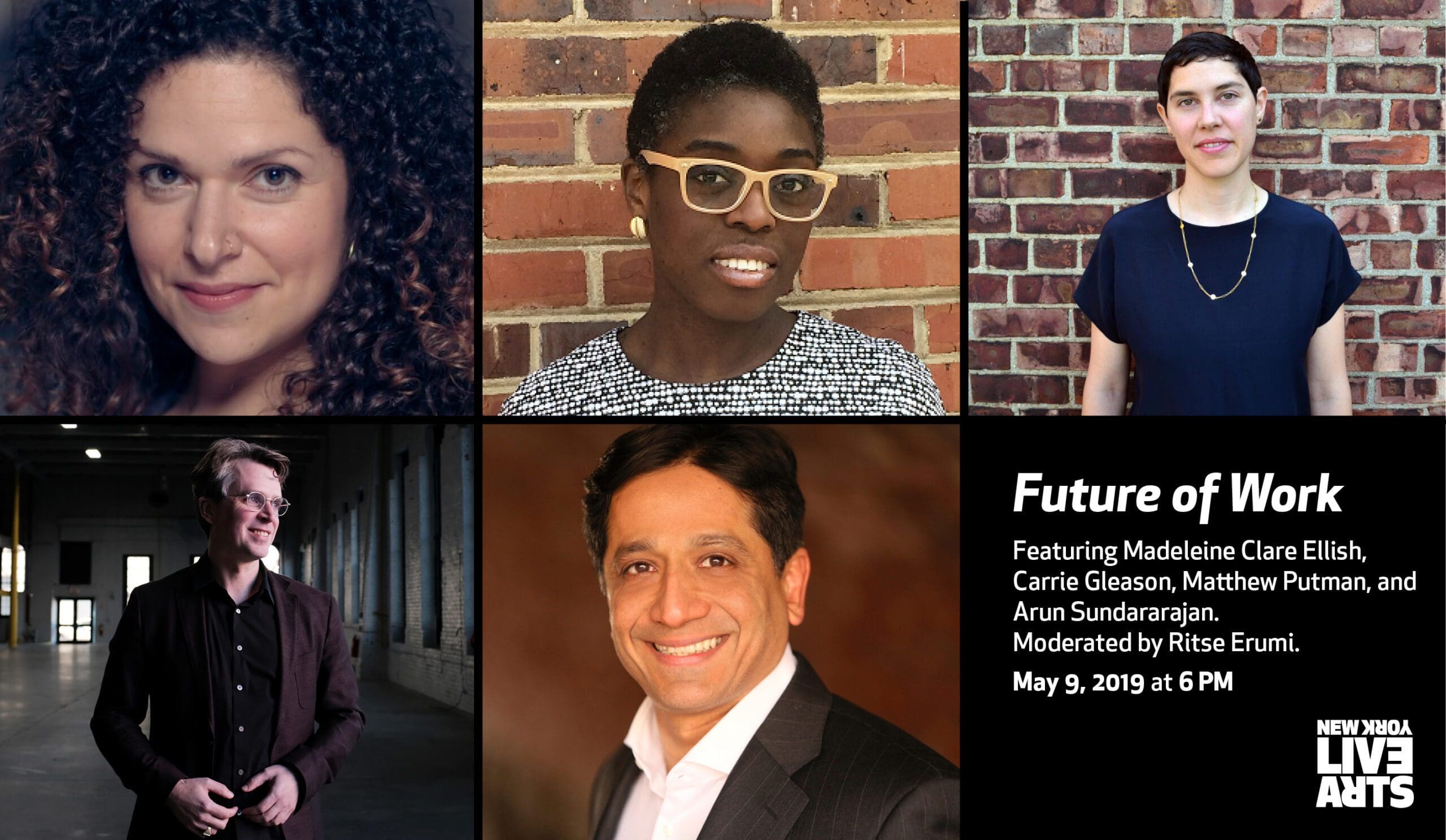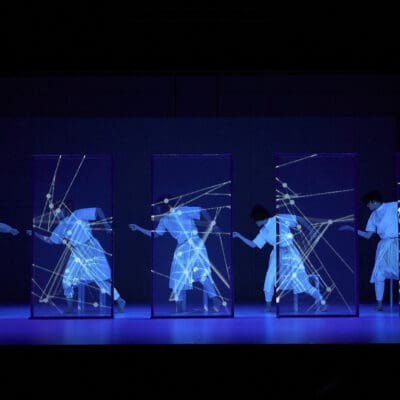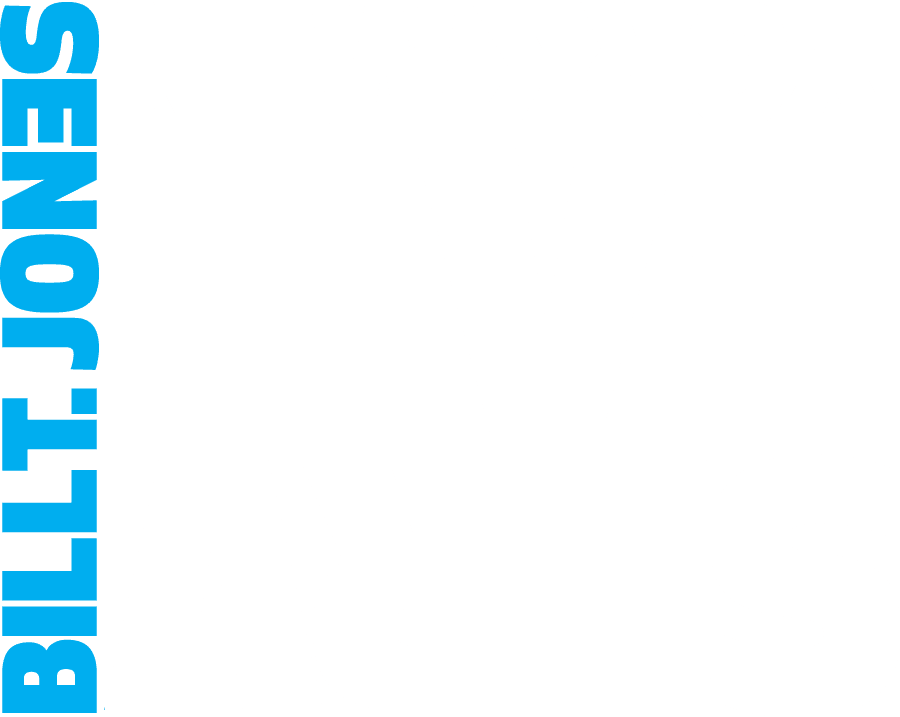Panel: Future of Work

Get access to this panel and more at a reduced rate with our Panel Pass!
“Foxconn’s Terry Gou says the company plans to replace 80% of workers with robots in 5-10 years.” – Samson Ellis
“According to our estimate, 47 percent of total US employment is in the high risk category, meaning that associated occupations are potentially automatable” – Carl Benedikt Frey and Michael A. Osborne
Remember the Luddites? The fear and resistance to change is not new. New technology has upended industries for millennia. Jobs were replaced or eliminated by machines and new ones were created. Remember the steam engine? So what makes it different this time in the age of artificial intelligence and automation? This discussion will look at the future of work in the age of AI, examine strategies and solutions for a shared future, from education, workforce reorganizing and reskilling, universal basic income, to the radical restructuring of socio-economic systems that may be needed to reverse the widening inequality. Panelists will include Arun Sundararajan (Professor and the Robert L. and Dale Atkins Rosen Faculty Fellow at New York University’s (NYU) Stern School of Business and author of The Sharing Economy), Matthew Putman (scientist, musician, CEO of Nanotronics), Carrie Gleason (Director of Fair Workweek Initiative at Center for Popular Democracy), and Madeleine Clare Elish, Research Lead, AI on the Ground Initiative at Data & Society Institute. This discussion will be moderated by Ritse Erumi (Doctoral Fellow, Global Institute at the Ford Foundation)
Arun Sundararajan (panelist)
Arun Sundararajan is Professor and the Robert L. and Dale Atkins Rosen Faculty Fellow at New York University’s (NYU) Stern School of Business, and an affiliated faculty member at many of NYU’s interdisciplinary research centers, including the Center for Data Science and the Center for Urban Science and Progress. His best-selling and award-winning book, “The Sharing Economy,” was published by the MIT Press in 2016, and has been translated into Mandarin Chinese, Japanese, Korean, Portuguese and Vietnamese. Professor Sundararajan’s research studies how digital technologies transform business, government and civil society. He has published over 50 scientific papers in peer-reviewed academic journals and conferences, and over 35 op-eds in outlets that include The New York Times, The Financial Times, The Guardian, Wired, Le Monde, Bloomberg View, Fortune, Entrepreneur, The Economic Times, Harvard Business Reviewand Quartz. His scholarship has been recognized by seven Best Paper awards, two Google Faculty awards, an Axiom Best Business Books Award, and a Thnkers50 Radar Thinker Award. He has given hundreds of keynote, plenary and invited talks at industry, government and academic forums internationally. Watch his 2016 Davos panel. He has provided expert input about the digital economy as testimony to the United States Congress, the European Parliament, and to city, state and federal government agencies that include the Presidential Council of Advisors on Science and Technology, the Federal Trade Commission the National Economic Council, the Federal Reserve Bank, the US Department of Labor, the White House, and the Washington State House of Representatives. He is a widely sought-after commentator by top media platforms. Keep up with his latest views and opinions. Arun is a member of the World Economic Forum’s Global Future Council on Technology, Values and Policy, and serves on the Steering Committee of their Operating Models for the Future project. He is an advisor to numerous organizations that include the National Academy of Science, the City of New York, the City of Seoul, Walmart Corporation, Cisco Systems, the Female Founders Fund, the Internet Society of China, OuiShare, Samasource, the National League of Cities, the Royal Society for the Arts and the Center for Global Enterprise. He works with tech companies on issues of strategy and regulation, and with non-tech companies trying to understand how to forecast and address changes induced by digital technologies. He teaches in NYU Stern executive education programs in the U.S., Europe and Asia, focusing primarily on digital strategy and governance. He teaches full-time MBA students about hi-tech entrepreneurship, undergraduates about networks, crowds and markets, and doctoral students about digital economics. He is an occasional angel investor.
Matthew Putman (panelist)
Matthew Putman is the cofounder and CEO of Nanotronics. Nanotronics invents instruments and platforms that redefine factory control. A single platform steers production toward optimal end products and promotes discovery, reducing waste and costs. Growing from a legacy of revolutionizing advanced inspection, Nanotronics is engineering the infrastructure for every industry to build on. Matthew’s groundbreaking inventions in manufacturing include the development of the world’s most advanced microscope–a combination of super resolution, AI, and robotics primarily used for manufacturing quality and process control. Matthew holds a PhD in Applied Physics from Columbia University where he is also a researcher. He has published over 30 papers and holds 15 patents for his work on devices, instrumentation, and software processes. Matthew serves on the board of directors of New York Live Arts and Pioneer Works. Matthew is also an accomplished jazz pianist, published poet, and has served as Executive Producer on several films and plays. Most recently, Matthew was involved in the producer’s circle of The Jungle at St. Anne’s Warehouse.
Carrie Gleason (panelist)
Carrie Gleason is the Director of the Fair Workweek Initiative and policy strategies with United for Respect, a network of working people counting on jobs in the service industry. Most recently, Carrie led the successful effort to secure a $20 million financial assistance fund for 33,000 Toys R Us employees who lost their jobs due a Wall-Street driven bankruptcy. She founded the Fair Workweek Initiative (FWI) which has won a family-sustaining workweek for 1.8 million families through public policy and corporate change. Carrie provides analysis of trends in the retail industry and future of work for national policymakers and media outlets, including the New York Times, Wall Street Journal, Washington Post and NBC. She co-founded the Retail Action Project, which helped thousands of workers successfully fight wage theft and discrimination, winning back millions in unpaid wages. Carrie holds a bachelor’s degree from Cornell University, was a 2009-2010 Charles H. Revson Fellow for the Future of the City of New York at Columbia University. She lives in Brooklyn with her partner and son.
Madeleine Clare Elish (panelist)
Madeleine Clare Elish is a cultural anthropologist whose work examines the social impacts of AI and automation on society. As Research Lead and co-founder of the AI on the Ground Initiative at Data & Society, she works to inform the ethical design, use, and governance of AI systems through the application of social science research and human-centered ethnographic perspectives. Her recent research has focused on how AI technologies affect understandings of equity, values and ethical norms and how professional work lives change in response. She has conducted field work across varied industries and communities, ranging from the Air Force, civilian drone regulation, and commercial aviation to precision agriculture and emergency clinical care. Her research has been published and cited in scholarly journals as well as publications including The New York Times, Slate, Vice, and USA Today. She holds a PhD in Anthropology from Columbia University and an S.M. in Comparative Media Studies from MIT.
Ritse Erumi (moderator)
Ritse Erumi serves as a doctoral fellow at The Global Knowledge Initiative. She has several years of international development experience working on digital development initiatives. Ritse is passionate about fostering inclusive innovation – innovation that meets the goals and needs of underserved populations in emerging economies. A doctoral candidate, Ritse explores the role innovation and digital technologies play in socio-economic development.


